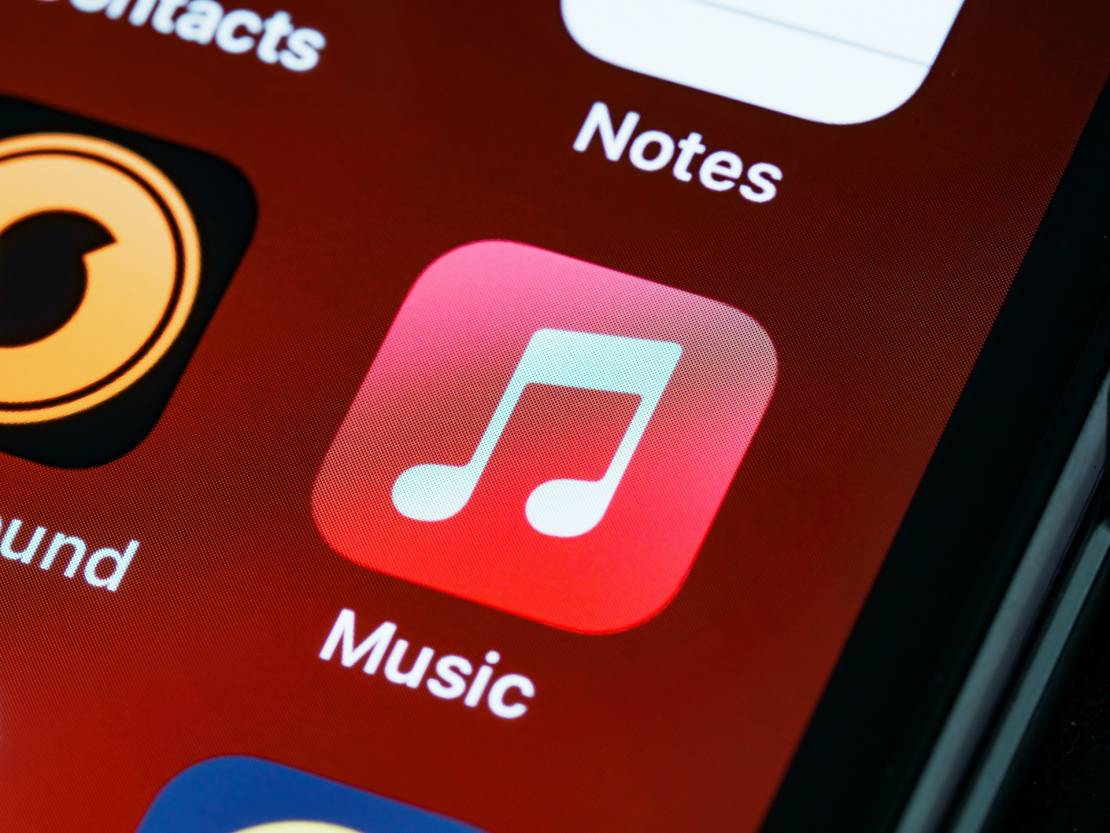
The music business went through several significant digital changes at the turn of the century. What appeared to be the demise of the industry soon evolved into new methods for making money and being discovered.
The popularity of Napster and similar services caused a sharp decline in physical music purchases, and CD sales fell. The digital download era, which was inspired by the introduction of iTunes and the iPod, only endured for a short time. Streaming has since become a primary method of music listening, and it has continued to be so for at least the previous five years.
This looked like a fantastic development at first. The growth of popular streaming services has enabled many independent artists to self-release their music and distribute it to the public. The lowered barrier to entry has also been aided by services like the Alternative Distribution Alliance, which is run by Warner Music Group.
However, as the founder of an independent artists' music streaming service, I've witnessed the same difficulties that existed before the internet continue to exist today.
Even when their music is created to the highest quality, many musicians struggle to get their work heard in the broader music industry. For some, the prospect of being discovered or even just recognized online has yet to become a reality. As a result, independent artists who don't have the funds or connections to be discovered or heard can go unnoticed for long periods.
It's clear from streaming data that the top 1% of musicians account for 90% of streams on popular streaming services. This implies that listeners devote the bulk of their time to a small number of performers.
You may believe that there are simply too many singers and songs to invest in because the typical listener only cares about hearing from the most popular artists. This isn't always the case. According to my experience in the industry, major labels often have a significant impact on what gets prioritized. The value of their capital allows them to push the sounds, images, and messages that dominate media (both new and old). As a result, artists who have their support frequently receive a lot of media exposure and plays.
It's also because certain musicians are sponsored by labels that have the resources to support them. Most streaming services recommend content based on what people are currently listening to. New audiences are therefore exposed only to music that has been previously heard by existing listeners.
Unless musicians or their promoters are launching outside advertising, marketing, and public relations campaigns, the platform will be unaware of or include their music. This isn't because they're only interested in increasing their platform's already-rich ranks; it's because streaming platforms are, by and large, streaming services intended to pay royalties to artists.
Their primary concern is not the visibility of unsigned artists since they aren't music discovery services. Quite a few independent musicians are left out if only those who get heard are paid.
I've noticed that many independent artists struggle to be discovered due to the expense of doing so. To assist, I advise streaming services to strive to do a better job leveling the playing field for all creatives rather than maintaining the current situation.
As it presently stands, the mainstreaming companies have only altered how music is delivered but not how it is discovered. To figure out how we can better support artists who are talented but lack financial resources or major label backing to get established, more cooperation is required among players in the streaming industry.
My experience with creating a music recording and distribution platform is that there are many fantastic musicians, some of whom create amazing music. However, because of a lack of funding rather than a lack of competent music, they are generally overlooked. Finally, streaming platforms should examine how to make their models more inclusive and less elitist.
Thanks for stopping by Tunedly, your go-to online music studio, music publisher, and masked music discovery service.




